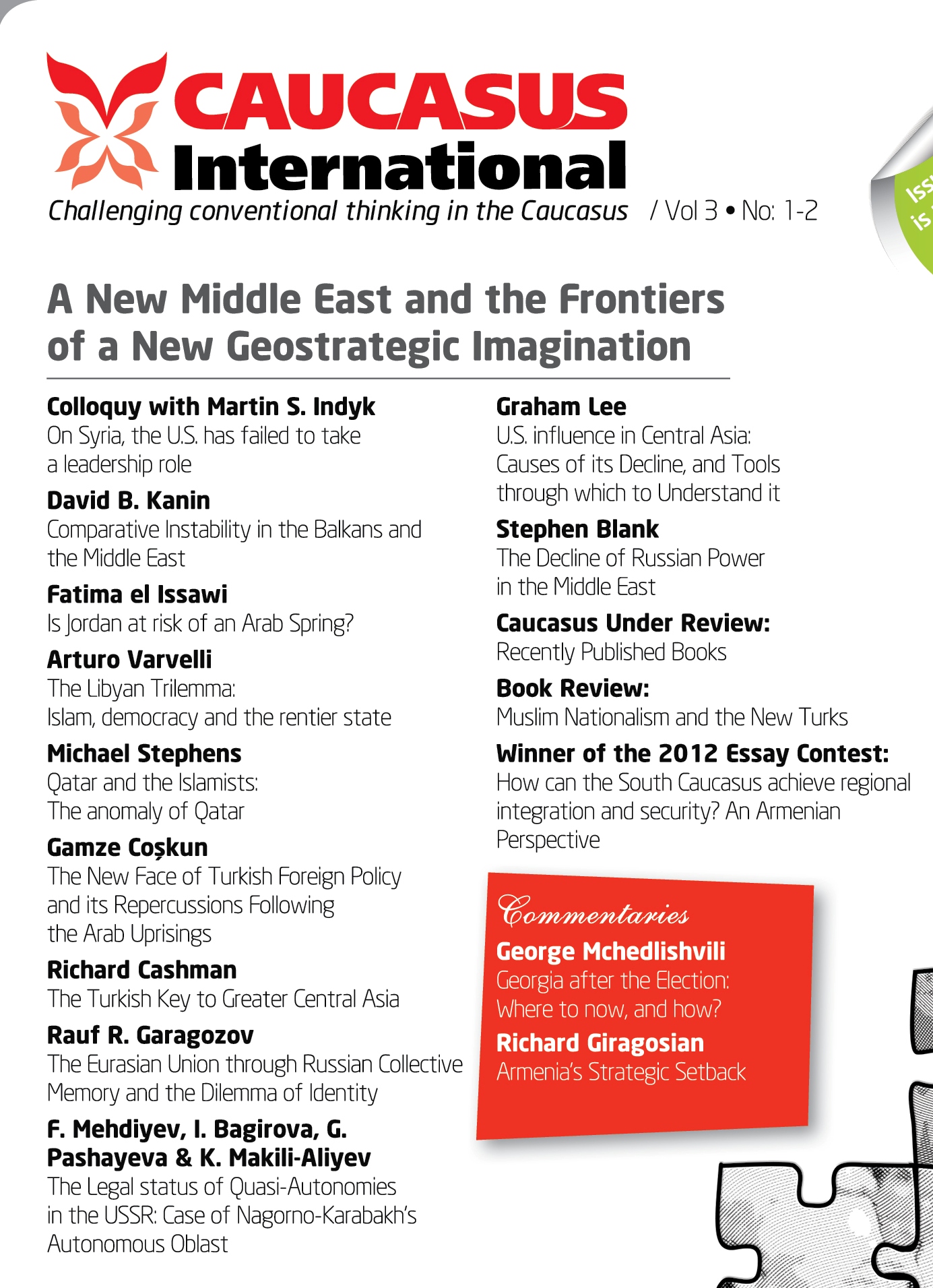Comparative Instability in the Balkans and the Middle East
This article comparatively examines the instabilities in the world’s two most complicated regions with reference to the decline of the systemic factors, absolute determinism on social, political, and economic developments. The author argues that actors in the Balkans and the Middle East will continue to defy U.S. and West European preferences and lectures as they work out the relationship between their parochial interests, ideological preferences, and economic exigencies. To this end, as the author holds, in both regions domestic grassroots level social and political factors will be the main driving factor of both political status quo and political change. In this way, the article concludes that since no single state or group of powers stands astride international relations, in this new era, regional patterns of trade, aid, alliance, and enmity will become difficult to read.
Latest news
- 03/17/2020 Call for Submission: “Non-Alignment Movement and Its Perspective in International Affairs”. Deadline: 1 July 2020 2623 views
Popular articles
- 02/24/2020 The Role of Irredentism in Russia’s Foreign Policy 2535 views
- 02/24/2020 Construction of sub-national identity vis-à-vis parent state: Gagauz case in Moldova 2216 views
- 02/24/2020 The Conflict in Ukraine - The Geopolitics of Separatism and Divergent Identities (Commentary) 2071 views
- 02/24/2020 The Role of the Soviet Past in Contemporary Georgia 2044 views





